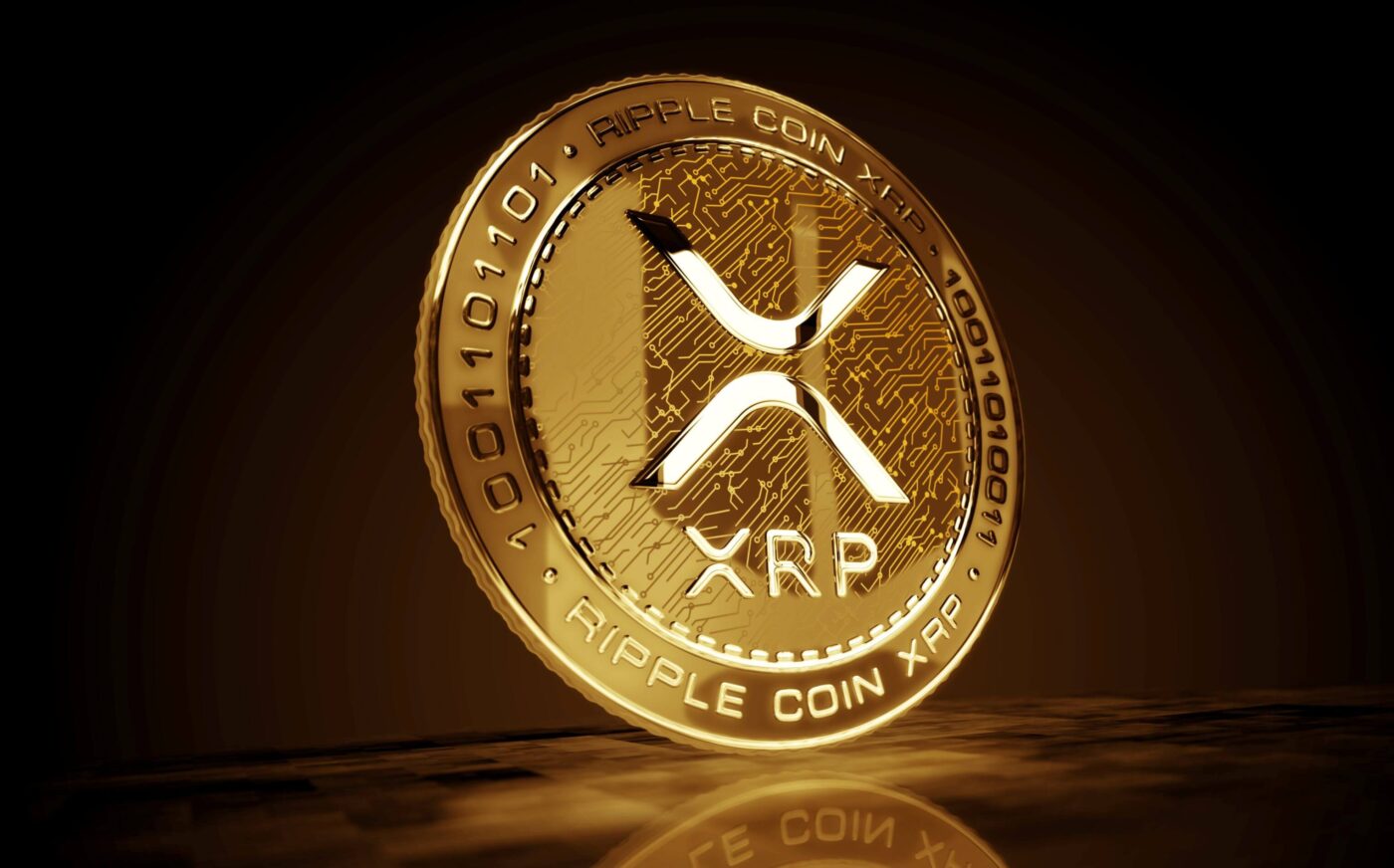TLDR
SEC’s internal process, including drafting action memos, is causing the Ripple case delay, not negotiations.
Ripple has already paid the $125 million fine in cash, not XRP, but settlement depends on appeal outcome.
SEC’s weekly closed-door meetings have no impact on Ripple lawsuit progress, says Marc Fagel.
Fagel confirms Ripple’s case delay is procedural and part of the SEC’s standard review process.
The delay in the settlement of the Ripple vs SEC case has sparked significant attention from the XRP community. Marc Fagel, a former senior official at the SEC, has addressed the growing speculation surrounding the settlement timeline.
In a recent statement, Marc Fagel pointed out that the delay is not due to any external factors such as negotiations between Ripple and the SEC. Instead, he attributes it to the SEC’s internal procedures, including the drafting of action memos and the scheduling of commissioner votes.
Reasons Behind the Delay in Ripple Settlement
The XRP community has been closely following the case, eagerly awaiting a resolution. However, according to Fagel, there is no basis for the rumors suggesting that the SEC or Judge Torres are deliberately delaying the process.
Fagel emphasized that the delay stems from procedural steps within the SEC. Specifically, he noted that the staff must draft an action memo, have it reviewed by the appropriate divisions, and then schedule a vote by the commissioners. These steps take time and are necessary for the case to move forward.
That’s not the cause for delay. The staff needs to draft its action memo. It needs to be reviewed by the divisions and calendared for a commissioner vote. But please, keep lecturing a former senior SEC official about SEC procedures.
— Marc Fagel (@Marc_Fagel) July 18, 2025
Fagel further clarified that the SEC’s internal review process is routine and can take several weeks. He reassured the community that there is no intentional delay on the part of the SEC. “The staff needs to draft its action memo. It needs to be reviewed by the divisions and calendared for a commissioner vote,” Fagel explained. His statement dispels the rumors circulating about the cause of the delay and provides a clearer picture of the SEC’s procedural timeline.
SEC’s Closed-Door Meetings and Their Role
In the wake of the delay, speculation has also risen about the impact of the SEC’s closed-door meetings. Following the July 3 meeting, many expected that a decision on the case would be imminent. However, Fagel reassured the public that these meetings have no bearing on the progress of the Ripple lawsuit. He clarified that the SEC holds such meetings every week, and the agenda is largely consistent.
Fagel’s comments aim to clarify misunderstandings regarding the private meetings. He stated that there is no reason to believe that the dismissal of Ripple’s appeal was on the agenda for the July 17 closed-door meeting. “It can take 1-2 months to calendar an SEC enforcement vote,” Fagel said, reinforcing the idea that the process is not as quick as some might hope.
Despite the ongoing uncertainty, Fagel expressed confidence that the case is proceeding according to established procedures. His explanation provides much-needed clarity to those who have been speculating about the reasons behind the delay.
Ripple’s $125 Million Penalty Payment
Another point of interest in the case is Ripple’s payment of the $125 million penalty. Contrary to some reports, Fagel emphasized that Ripple has already paid the fine in cash, not in XRP. While this is an important step in the legal process, it is not the final resolution of the case. Fagel reiterated that the settlement cannot be finalized until the appeal process is concluded.
This development further supports Fagel’s argument that the delay is due to internal procedures rather than any deliberate action from the SEC or Ripple. The payment of the fine does not mark the end of the case, as the settlement is still contingent upon the outcome of the appeal.
Moving Forward
As the case continues to unfold, the XRP community remains hopeful that the settlement will be reached soon. However, Fagel’s comments remind everyone that the process is methodical and requires time. The SEC’s internal procedures are an essential part of ensuring that the settlement is handled correctly. While the delay may be frustrating, it is clear that the necessary steps are being taken to bring the case to a resolution.
The Ripple vs SEC case has become a focal point for the cryptocurrency community, and the outcome could have lasting effects on the regulatory landscape for digital assets. As the process moves forward, it is important to understand the procedural nature of the delay and the steps that still need to be taken before a final settlement is reached.






